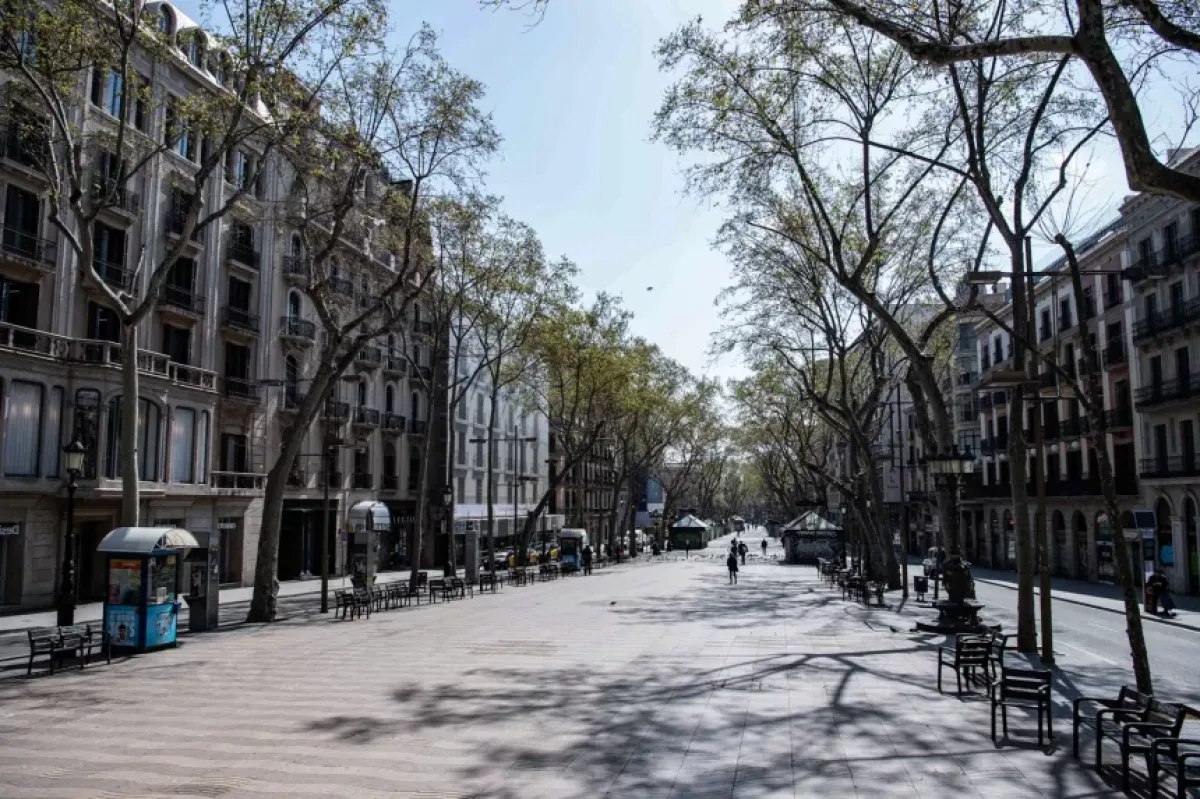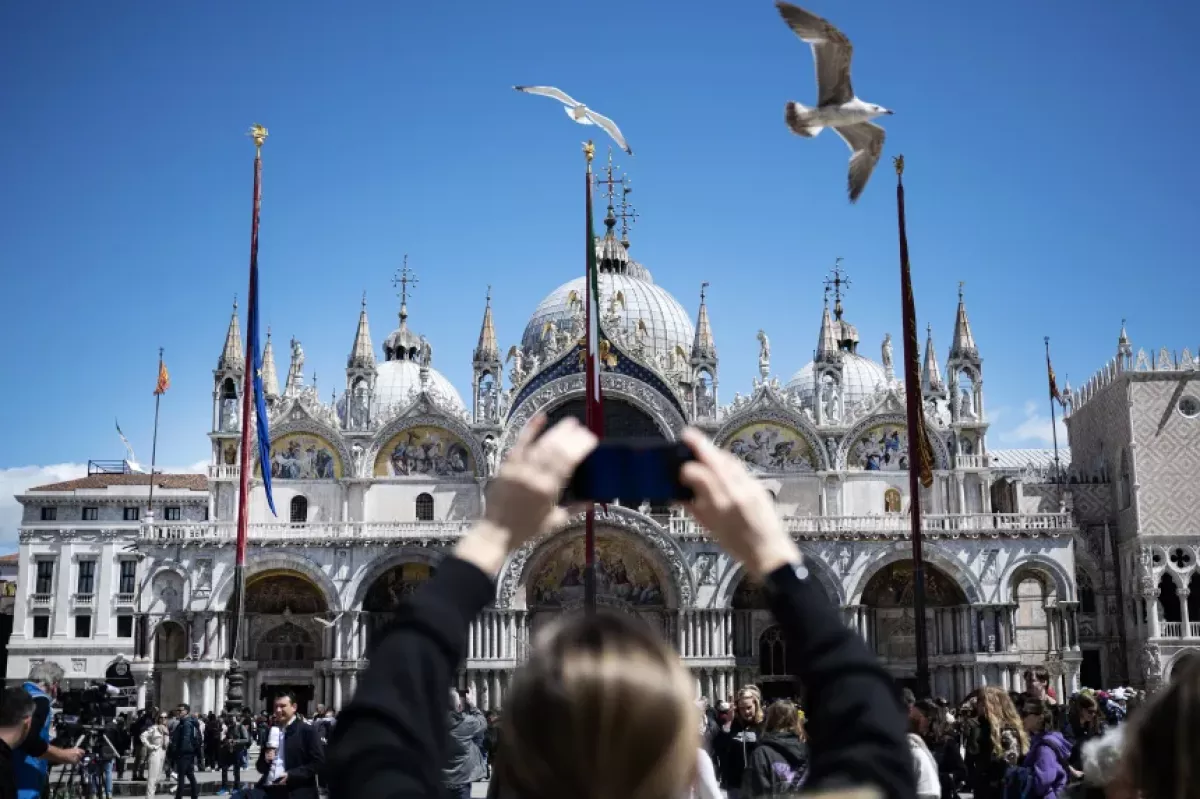Europe’s tourism revolt: Locals push back against crowds
Across Europe, from Barcelona’s Las Ramblas to Venice’s canals, the backlash against mass tourism is intensifying.
According to CNN, demonstrations have erupted in Spain, protesters disrupted a billionaire’s wedding in Venice, and even Paris’s Louvre Museum temporarily shut down after staff mutinied over overcrowding. For Noel Josephides, chairman of UK-based tour operator Sunvil, the turmoil is no surprise.
“I could have told you that would happen 10 years ago,” Josephides says, recalling a 2013 speech in Dubrovnik warning that budget airlines and short-term rentals would unleash “enormous problems.” A former chairman of ABTA and AITO, he now finds himself agreeing with demonstrators—even though their cause undermines his own business.

The pandemic briefly offered relief, emptying Barcelona’s tourist-thronged boulevards. But once restrictions lifted, a wave of “revenge travel” pushed crowds to record levels. Locals say daily life has become unbearable. “Tourism has brought so much noise it’s unbelievable,” says Barcelona resident and professor Maite Domingo Alegre. Rising rents, Airbnb-driven evictions and shops catering only to visitors have driven many locals out.
In Venice, where the resident population has fallen to under 50,000, the sense of alienation is acute. Local musician Ornello likens himself to “a salmon going against the flow” as he bikes through incoming tourist waves. His video clip, depicting him as an astronaut lost in his own city, has struck a chord.

Josephides describes a familiar cycle: boutique operators discover a “secret” destination, budget carriers flood in, and short-term rentals proliferate until residents are priced out. He warns that Greece’s island of Samos may be the next casualty as airlines rapidly expand routes. “The mass market moves in like a vacuum cleaner,” he says.
Cities are scrambling for fixes. Palma de Mallorca has capped cruise arrivals, banned Airbnbs in its centre, and created a €50 million fund to buy and remove outdated hotels. Barcelona is set to close two of its seven cruise terminals from 2026. Venice introduced a day-tripper entry fee, doubling it for 2025.

Yet critics argue such measures risk turning destinations into playgrounds only for the wealthy. Bhutan, Rwanda, and now Venice have shown how steep fees can restrict access. Palma’s tourism chief, Pedro Homar, defends curbs as necessary: “We either make sure tourism is physically sustainable or we will not have a future.”
Industry leaders warn that residents must be put at the heart of tourism models. “A city where residents are not satisfied is a city that doesn’t work,” says Ruben Santopietro of Visit Italy, noting that Rome, Florence and Naples are already “suffocated by tourism.”
For Josephides, the answer is early intervention. “You can recover, but it takes time,” he says, citing Estoril in Portugal, which reinvented itself after being swamped in the 1970s. The challenge, he adds, is convincing governments to act before destinations reach breaking point.
By Aghakazim Guliyev








